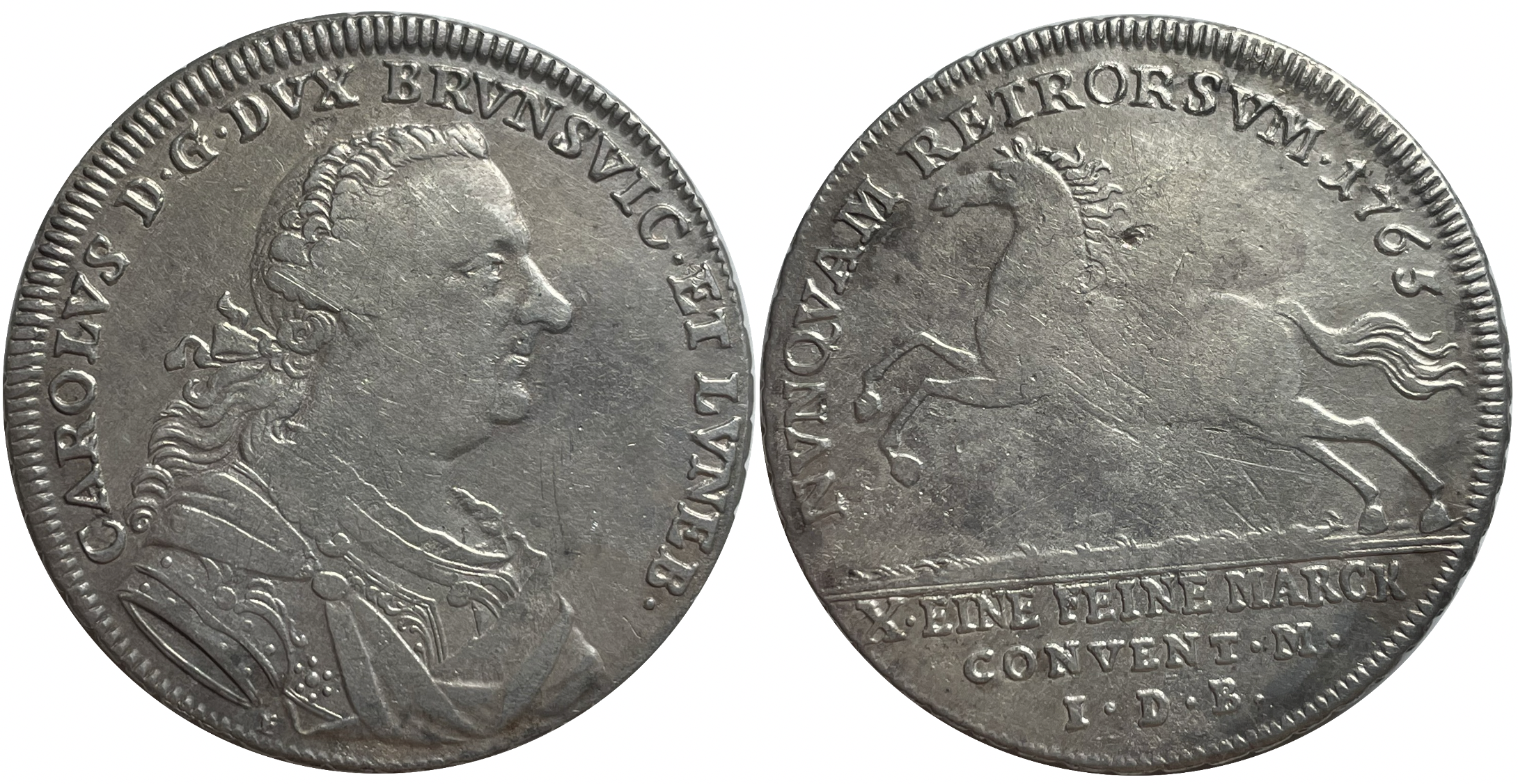Charles I, Duke of Brunswick-Wolfenbüttel on:
[Wikipedia]
[Google]
[Amazon]
Charles (German: ''Karl''; 1 August 1713,

 Charles was the eldest son of Ferdinand Albert II, Duke of Brunswick-Wolfenbüttel. He fought under Prince Eugene of Savoy against the
Charles was the eldest son of Ferdinand Albert II, Duke of Brunswick-Wolfenbüttel. He fought under Prince Eugene of Savoy against the
At the House of Welf site
Braunschweig
Braunschweig () or Brunswick ( , from Low German ''Brunswiek'' , Braunschweig dialect: ''Bronswiek'') is a city in Lower Saxony, Germany, north of the Harz Mountains at the farthest navigable point of the river Oker, which connects it to the ...
– 26 March 1780, Braunschweig), Duke of Brunswick-Lüneburg (Bevern line), reigned as Prince of Brunswick-Wolfenbüttel from 1735 until his death.
Life

 Charles was the eldest son of Ferdinand Albert II, Duke of Brunswick-Wolfenbüttel. He fought under Prince Eugene of Savoy against the
Charles was the eldest son of Ferdinand Albert II, Duke of Brunswick-Wolfenbüttel. He fought under Prince Eugene of Savoy against the Ottoman Empire
The Ottoman Empire, * ; is an archaic version. The definite article forms and were synonymous * and el, Оθωμανική Αυτοκρατορία, Othōmanikē Avtokratoria, label=none * info page on book at Martin Luther University) ...
before inheriting the Principality of Brunswick-Wolfenbüttel from his father in 1735. Through his mother he was first cousins with Empress Maria Theresa
On the suggestion of his court-preacher, Johann Friedrich Wilhelm Jerusalem, in 1745 he founded the '' Collegium Carolinum'', an institute of higher education which is today known as the Technical University of Brunswick. He also hired Gotthold Ephraim Lessing as the librarian for the ''Bibliotheca Augusta'', the ducal library. Lorenz Heister of the University of Helmstedt named the botanical genus '' Brunsvigia'' in his honour, in recognition of his encouragement of botany
Botany, also called plant science (or plant sciences), plant biology or phytology, is the science of plant life and a branch of biology. A botanist, plant scientist or phytologist is a scientist who specialises in this field. The term "bot ...
and the study of ''B. orientalis''.
Charles attempted to promote the economic development of his state; for example, he founded the Fürstenberg Porcelain Company Fürstenberg (also Fuerstenberg and Furstenberg) may refer to:
Historical states
* Fürstenberg-Baar, county (1441–1559)
* Fürstenberg-Blumberg, county (1559–1614)
* Fürstenberg-Donaueschingen, county (1617–1698)
* Fürstenberg-Fürsten ...
, and he installed mandatory fire insurance. However, he did not manage to keep the state finances in check. As a consequence, in 1773 his eldest son Charles William Ferdinand took over government.
When the American Revolution
The American Revolution was an ideological and political revolution that occurred in British America between 1765 and 1791. The Americans in the Thirteen Colonies formed independent states that defeated the British in the American Revolu ...
began in 1775, Prince Charles saw an opportunity to replenish the duchy's treasury by renting its army to Great Britain. In 1776, Duke Charles signed a treaty with his cousin George III of the United Kingdom
George III (George William Frederick; 4 June 173829 January 1820) was King of Great Britain and of Monarchy of Ireland, Ireland from 25 October 1760 until Acts of Union 1800, the union of the two kingdoms on 1 January 1801, after which he was ...
to supply troops for service with the British armies in America. 4,000 soldiers were dispatched under General Friedrich Adolf Riedesel. The Brunswick troops fought in General John Burgoyne
General John Burgoyne (24 February 1722 – 4 August 1792) was a British general, dramatist and politician who sat in the House of Commons from 1761 to 1792. He first saw action during the Seven Years' War when he participated in several bat ...
's army at the Battles of Saratoga (1777), where they were taken prisoner as part of the Convention Army. Although the terms of surrender allowed the troops to return to Europe, the American Continental Congress
The Continental Congress was a series of legislative bodies, with some executive function, for thirteen of Britain's colonies in North America, and the newly declared United States just before, during, and after the American Revolutionary War. ...
cancelled the convention. The Convention Army was held prisoner in America until the war ended in 1783.
Marriage and children
In 1733, Charles married Philippine Charlotte, daughter of KingFrederick William I of Prussia
Frederick William I (german: Friedrich Wilhelm I.; 14 August 1688 – 31 May 1740), known as the "Soldier King" (german: Soldatenkönig), was King in Prussia and Elector of Brandenburg from 1713 until his death in 1740, as well as Prince of Ne ...
. They had the following children that reached adulthood:
* Charles William Ferdinand (1735–1806)
* Sophie Caroline Mary (1737–1817), married Frederick, Margrave of Brandenburg-Bayreuth
* Anna Amalia (1739–1807), married Ernest Augustus II, Duke of Saxe-Weimar-Eisenach
* Frederick Augustus (1740–1805)
* Albert Henry (1742–1761), died childless
* William Adolf (1745–1770), died childless
* Elizabeth Christine Ulrike (1746–1840), married King Frederick William II of Prussia
Frederick William II (german: Friedrich Wilhelm II.; 25 September 1744 – 16 November 1797) was King of Prussia from 1786 until his death in 1797. He was in personal union the Prince-elector of Brandenburg and (via the Orange-Nassau inherita ...
(divorced)
* Augusta Dorothea, Abbess of Gandersheim (1749–1803)
* Maximilian Jules Leopold (1752–1785), died childless
Charles also had a child out of wedlock, Christian Theodor von Pincier
Captain Christian Theodor von Pincier, later known as Theodore Pincier, Esquire, or as Theodore de Pencier (17501824), was a Brunswick Army Officer who served on the British side during the American Revolution. Following the peace treaty, he beca ...
(1750–1824), the adopted son of Baron von Pincier of Sweden.
Ancestry
References
At the House of Welf site
External links
* {{DEFAULTSORT:Charles 01, Duke of Brunswick-Wolfenbuttel 1713 births 1780 deaths Princes of Wolfenbüttel Nobility from Braunschweig House of Brunswick-Bevern Protestant monarchs Generals of the Holy Roman Empire Military personnel from Braunschweig